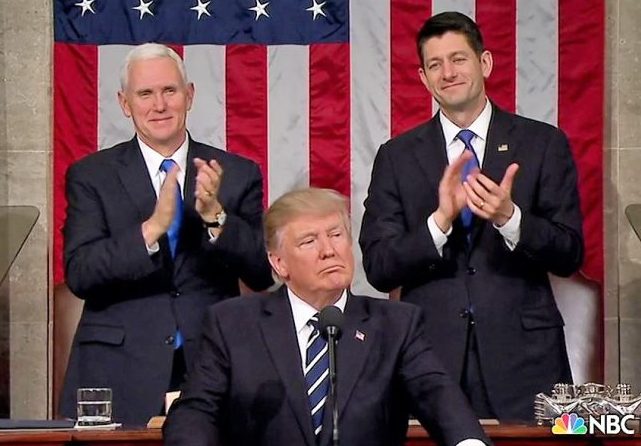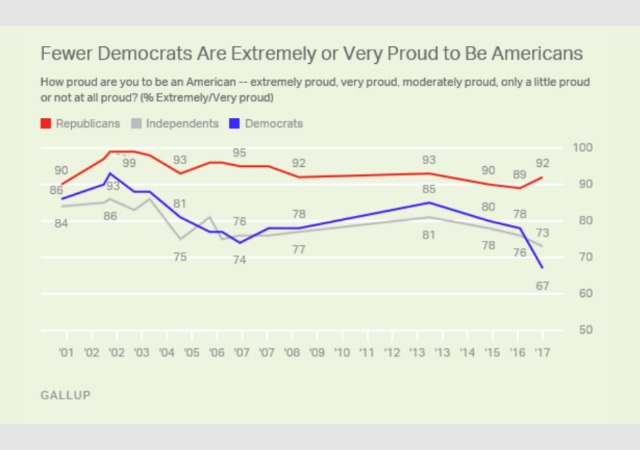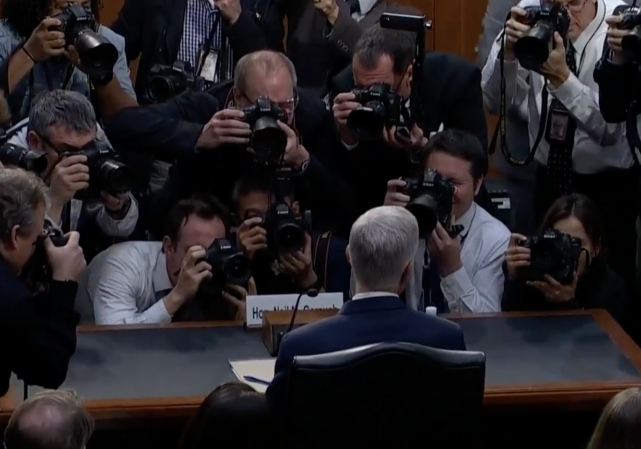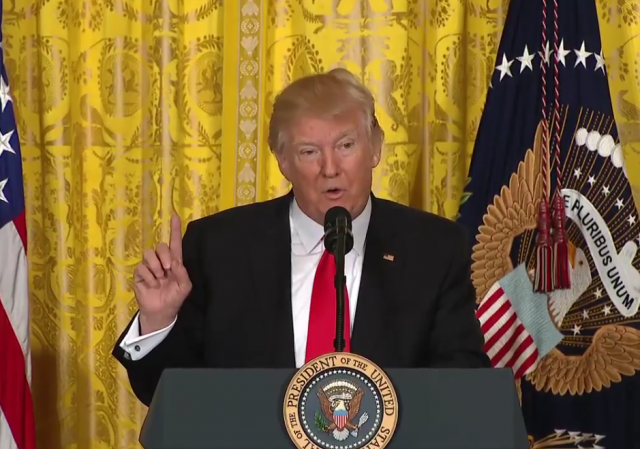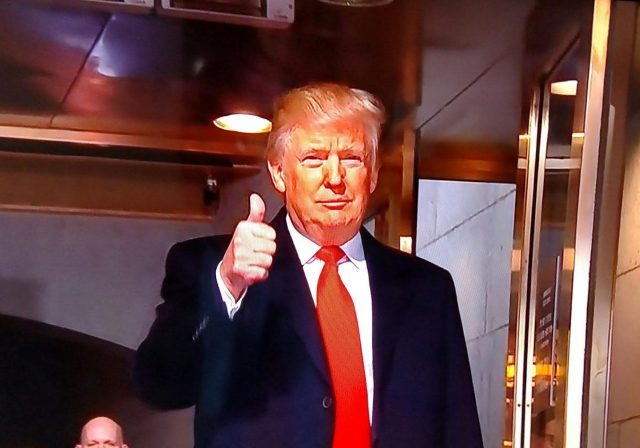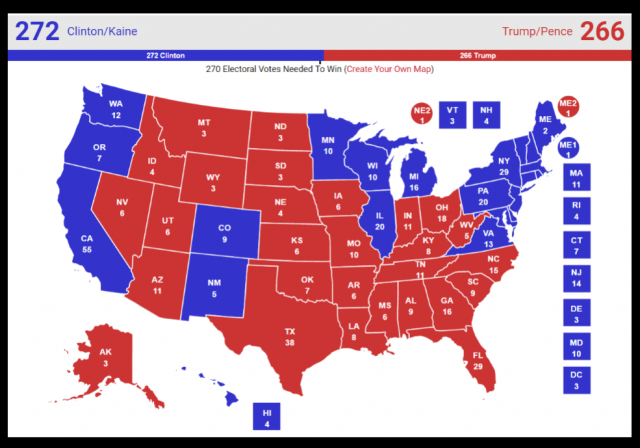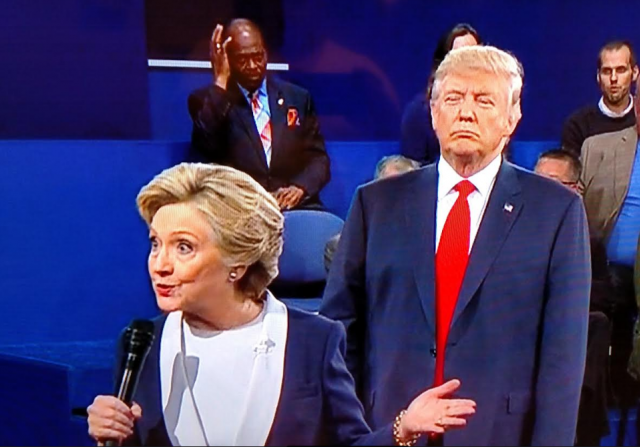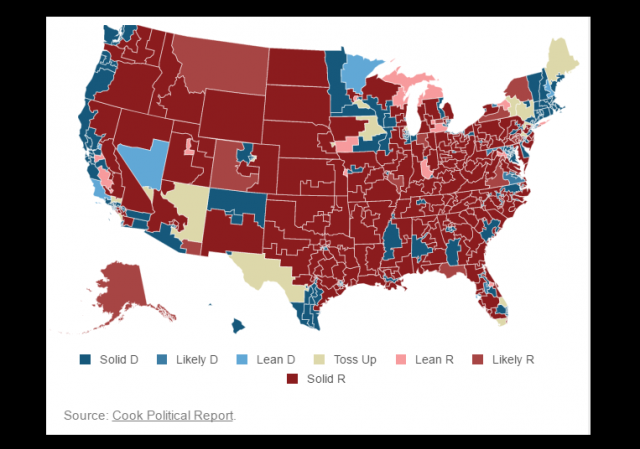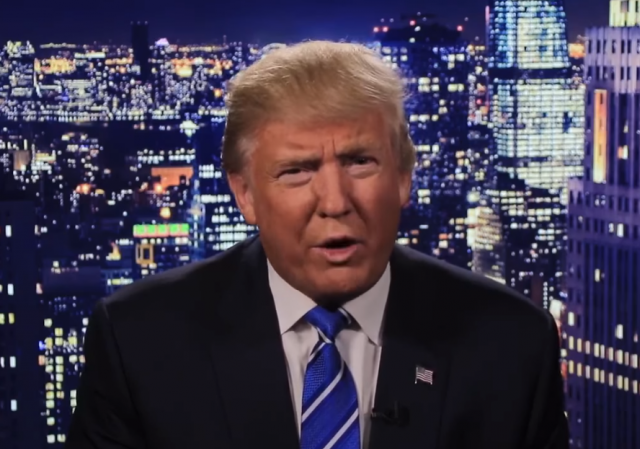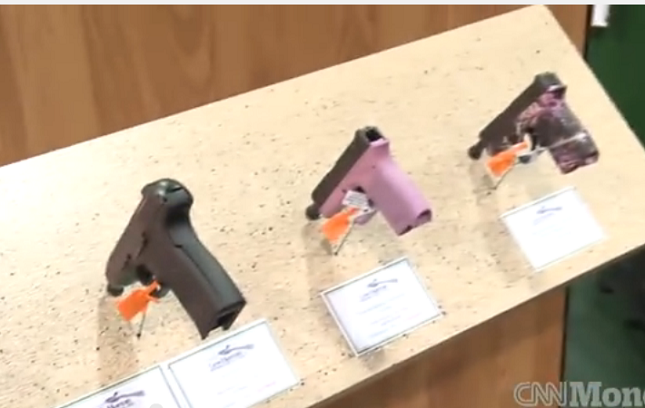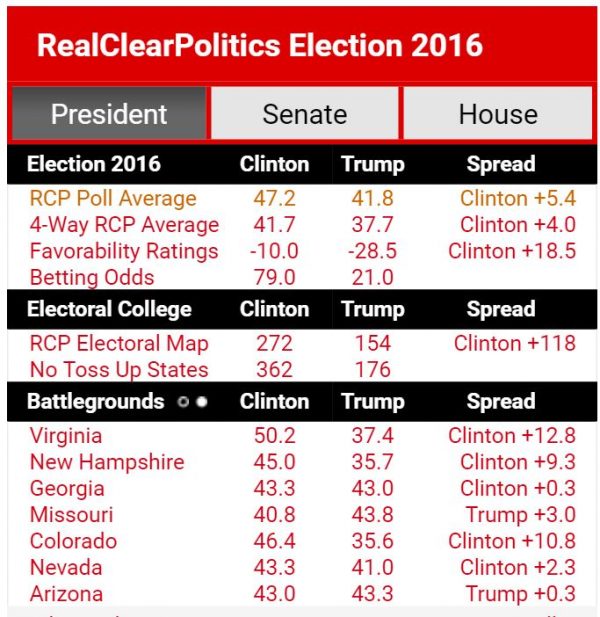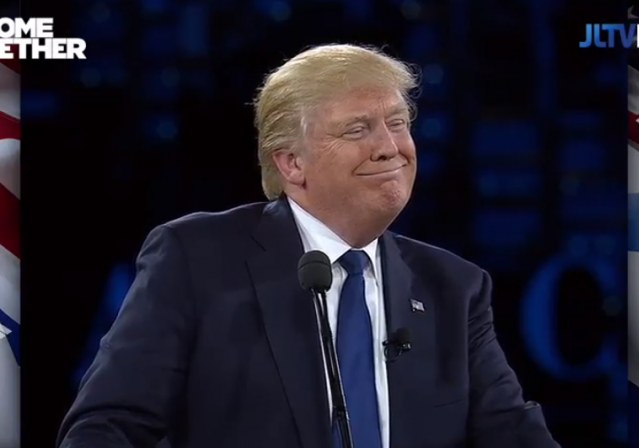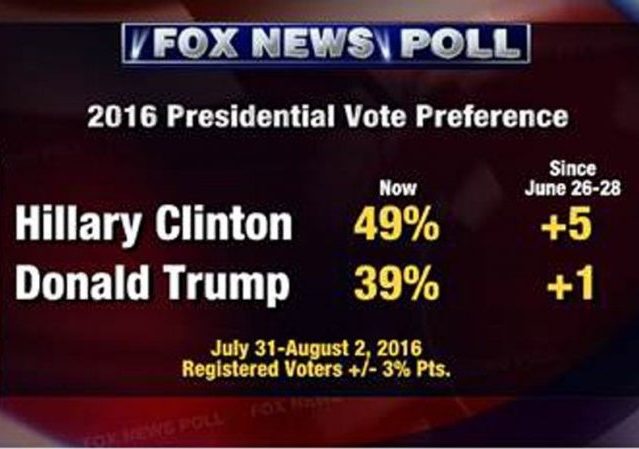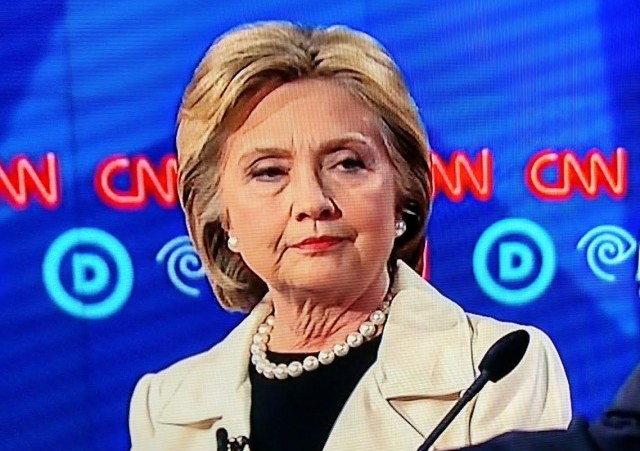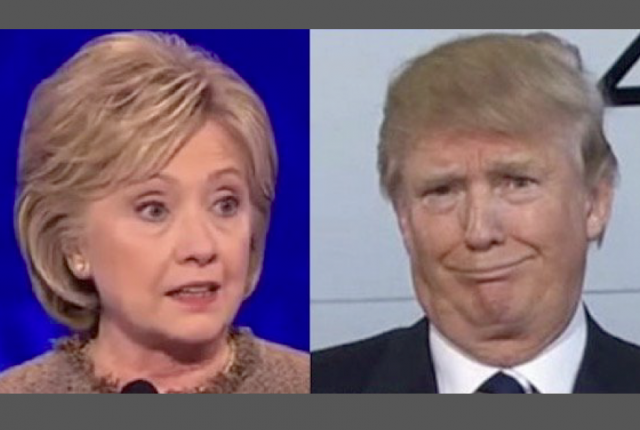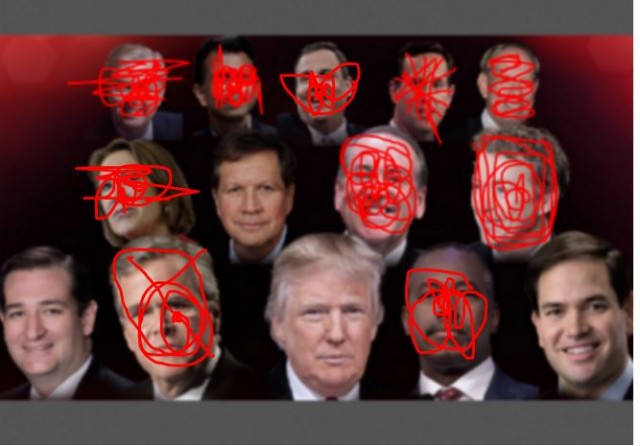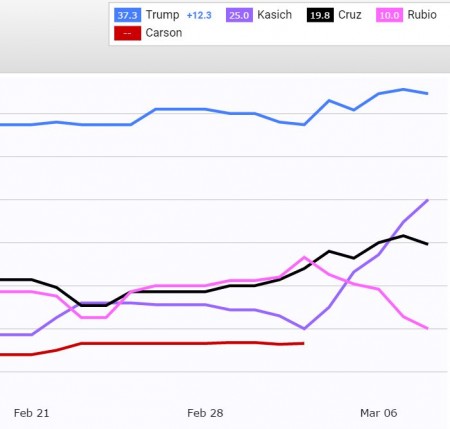Pollster: Why the Polls Are Wrong About Trump. Again.
on April 28, 2017
16 Comments
As we consider the flood of polls proclaiming that President Trump's approval numbers are lower than those of any other president at this point in his presidency, a former Clinton pollster and current co-director of the Harvard-Harris Poll takes issue with the majority of political polls' methodology.
Mark Penn, writing at the Hill, refers to the problem as a "polling bubble" that involves both polling entities and the media. He pinpoints three reasons for the unreliability of polls about Trump: polls directed at "all adults," polls focused on sensationalized "stories," and participants' unwillingness to be honest about their views.

